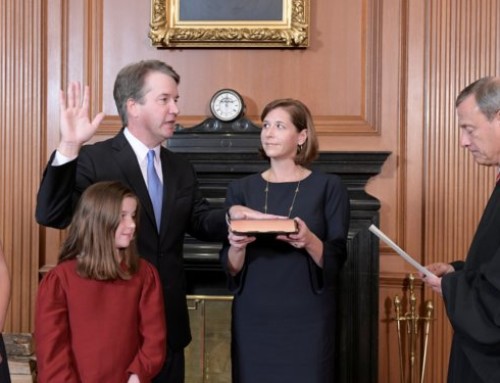By Brett P. Giroir, MD
Originally published on The Hill.
The Senate’s new omnibus bill, The Veterans First Act, represents Congress’s latest attempt to resolve performance deficiencies within the Veterans Administration; but this bill will not significantly improve performance. In fact, it could make things worse for our veterans. As Chair of the Blue Ribbon Panel overseeing the Veteran’s Choice Act Independent Assessment of the VA Health Administration (VHA), I believe actually putting veterans first will require much more than proposed in the Veterans First Act. Without radical reform of VHA governance, leadership, structure, culture and data systems, the Veterans First Act may even exacerbate problems we communicated to Secretary McDonald and Congress last September.
Yes, the bill offers constructive proposals to improve veterans’ disability benefits, education, and programs to end veterans’ homelessness. With regard to health care, the bill details much-needed reforms, including competitive compensation for top-performing managers, protection for whistleblowers, enhanced management training and improved medical management of opioids to relieve pain while lessening potential for dependence. In addition, the bill strengthens accountability by providing new authority and flexibility to hire, discipline and terminate VA employees who have performed egregiously or committed certain crimes.
Despite these positive attributes, this Senate bill falls woefully short of what is required to meaningfully reform the VA. Compared to its peers, the VHA scores in the bottom quartile of 35 of 37 management practices, and the bottom quartile of every measure of organizational health. Without governance reform, the well-intentioned provisions of this bill will not be achieved, just as they have not been achieved previously when Congress has attempted to fix parts of a system that is fundamentally broken. VHA leadership and providers will continue to operate in a toxic atmosphere of distrust and retaliation. In this regard, it is perhaps not surprising that federal unions oppose the Veterans First Act, in part out of fear new disciplinary authorities could be used for political reprisal instead of remedying poor performance.
In addition, the Senate bill mandates multiple new reports to Congress, with a new array of unproven metrics and standards. If anything, these new “big government,” unfunded mandates will only add to the burgeoning VHA Central Office, resulting in a downward flow of increasingly onerous administrative burdens that will further diminish the ability of front-line health professionals to care for the needs of their patients. Our Independent Assessment found that this dynamic was at the core of many VHA problems.
Read the original The Hill story here.




